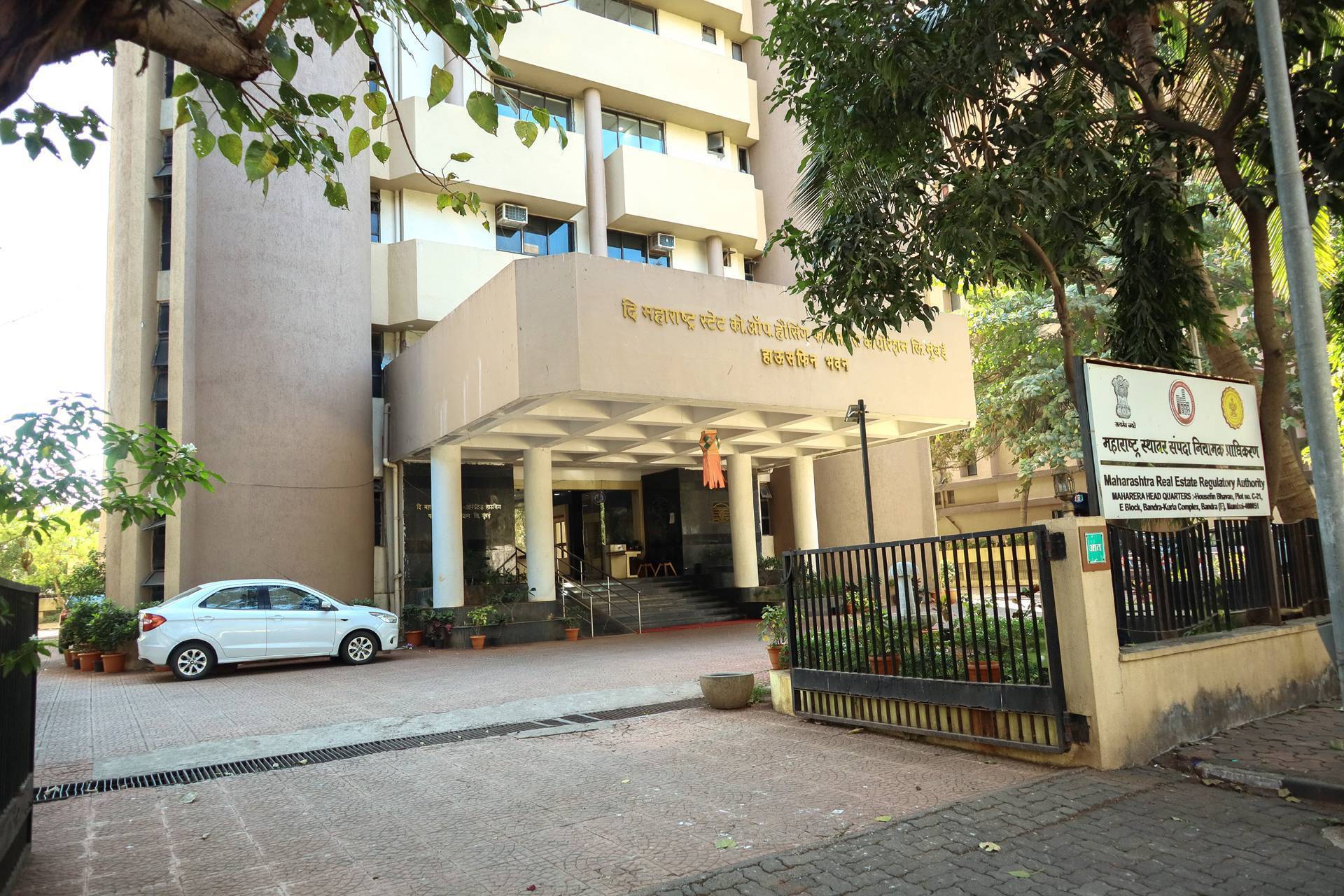Maharashtra Real Estate Regulatory Authority (MahaRERA) has issued notices to around 11,000 lapsed housing projects across the state, with over 5,230 of these projects located in the Mumbai Metropolitan Region (MMR). This action comes as part of the regulatory authority’s efforts to bring greater accountability, transparency, and adherence to deadlines in the real estate sector.
The lapsed projects, registered since May 2017, have faced scrutiny from MahaRERA due to developers’ failure to update their project status. These projects were initially registered with scheduled completion dates but were left without progress reports, including the mandatory submission of Occupation Certificates (OC) or requests for deadline extensions.
Key Highlights of MahaRERA's Action
MahaRERA’s enforcement of these regulations is intended to ensure that developers meet their obligations under the Real Estate (Regulation and Development) Act, 2016, which mandates timely updates on the progress of every housing project. The regulator has taken a stern approach by issuing show-cause notices, and developers are now required to either submit their Occupation Certificates (OC) along with the necessary Form 4 or apply for a project deadline extension.
According to Manoj Saunik, the Chairman of MahaRERA, “It is mandatory for the developers to submit OC along with Form 4 or seek deadline revision. After the 30-day window provided to the developer expires and the developer has not initiated any attempt to submit OC with Form 4 or sought deadline’s extension, MahaRERA is left with no other alternative but to either cancel or suspend the project’s registration.”
If developers fail to respond or comply with these requirements, MahaRERA is empowered to take punitive actions, including suspending or cancelling the project’s registration, freezing associated bank accounts, and imposing restrictions on the sale and purchase of flats within the affected projects.
Impact on Developers and Projects
The notification affects various regions, with the highest number of lapsed projects in the Mumbai Metropolitan Region (MMR), followed by Pune, Nashik, and Nagpur. The scale of this initiative highlights the significant administrative challenges in ensuring that developers comply with the regulations. The requirement for developers to submit updated reports and official certificates is seen as a key step in improving project timelines and enhancing accountability in the real estate sector.
In cases where developers have not made any progress or are unable to meet the original deadlines, MahaRERA’s directive mandates them to either request an extension or face deregistration. This is critical, as deregistration could potentially prevent the continuation of sales activities within these projects, thus protecting prospective buyers from investing in non-compliant developments.
Moreover, the freezing of bank accounts tied to the project is a serious measure that MahaRERA can implement to further push developers into complying with the deadlines and regulations. Such measures aim to safeguard the interests of both developers and consumers, maintaining the credibility of the real estate sector in Maharashtra.
Consequences of Non-Compliance
The Real Estate (Regulation and Development) Act, 2016, necessitates that developers maintain up-to-date project information, which includes quarterly progress reports, and submit necessary documentation like Occupation Certificates when a project nears completion. By not submitting this critical information, developers risk the suspension or cancellation of their project registrations, resulting in the freezing of their sales processes and financial operations.
For developers who fail to act within the designated timeframe, the consequences could be severe. Beyond financial loss, their ability to complete and market future projects could be affected, damaging their reputation and standing with regulatory authorities. In some cases, they might also face legal action, depending on the nature and extent of non-compliance.
The Importance of Timely Updates and Compliance
MahaRERA’s actions highlight the growing importance of regulatory compliance and the need for developers to prioritize timely updates, transparency, and accountability in their projects. Real estate developers must ensure they adhere to the rules outlined by the regulatory authority to avoid facing penalties or restrictions on their ongoing or future projects.
For the real estate market in Maharashtra, this move by MahaRERA is expected to bring about greater discipline, transparency, and confidence. It reinforces the message that the regulatory authority is committed to protecting the interests of consumers, ensuring fair practices, and curbing the proliferation of non-compliant projects in the state.
Additionally, MahaRERA’s actions should prompt developers to re-evaluate their project timelines, better manage their resources, and ensure that they can meet deadlines to avoid complications. With stricter enforcement, Maharashtra is likely to witness a transformation in how real estate projects are executed, moving towards more efficient, transparent, and accountable project management.









.png)